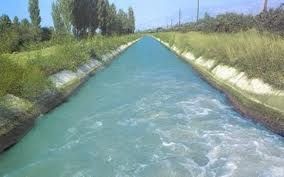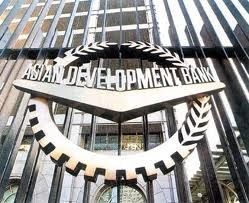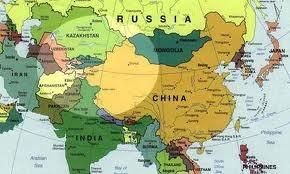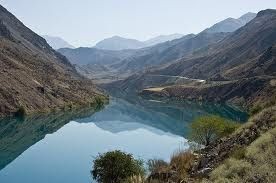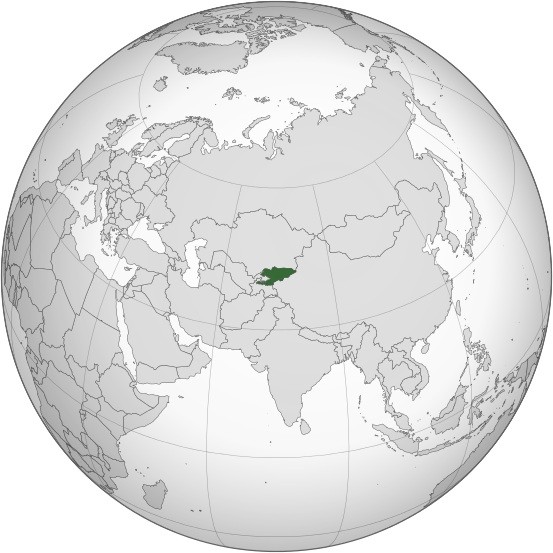BISHKEK (TCA) — Defending the frontier with Afghanistan has become top priority for the three former Soviet republics bordering it in 2015. Whether that frontier could become a frontline or not depends on how much the other two are ready to contribute and how much stability they can maintain to do so. For Kyrgyzstan, the year 2015 is most likely to go into history as the year of the new revolution that never happened and the remarkable survival and strengthening of its parliamentary rule. It was, remarkably, much due to the personal input of President Atambayev, who is behind the party that has the largest faction in both the previous and the new parliament, that dark prophecies of “destabilisation” and “economic failure” failed to materialize, making Kyrgyzstan’s model go in the direction of the French than e.g. of the British one. Given the geopolitical and economic challenges in the region, this may well be a favourable option.
Continue reading


